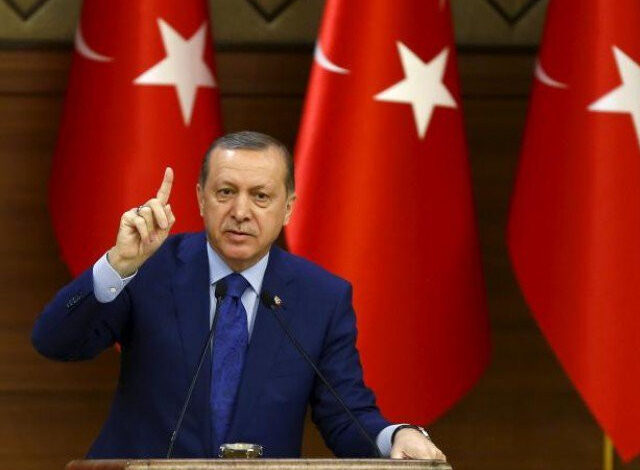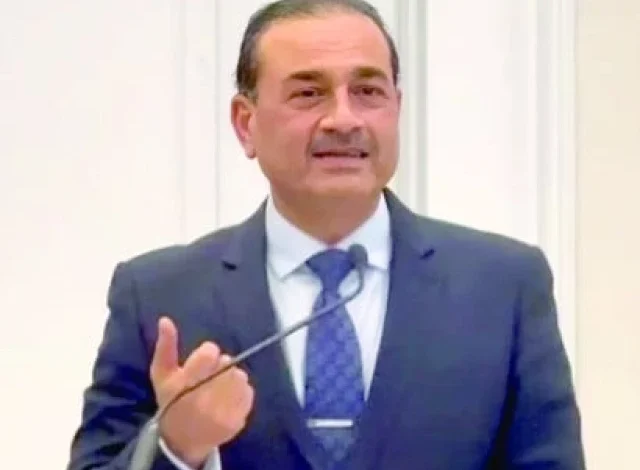
Erdogan Warns OIC of ‘New Sykes-Picot as Israel-Iran Conflict Escalates
ISTANBUL –
Turkish President Recep Tayyip Erdogan issued a strong warning on Saturday against what he described as efforts to redraw the Middle East’s map through violence, invoking the historical reference of the “Sykes-Picot” agreement. Speaking at the 51st Session of the Council of Foreign Ministers of the Organisation of Islamic Cooperation (OIC) in Istanbul, Erdogan urged unity among Muslim nations in the face of escalating Israeli aggression and regional instability.
“We will not allow a new Sykes-Picot order to be carved out in blood,” Erdogan declared, drawing parallels between colonial-era borders and current conflicts threatening sovereignty in the region.
Condemning the humanitarian crisis in Gaza, Erdogan described living conditions in the besieged enclave as worse than Nazi concentration camps, noting that over two million Palestinians have been enduring these conditions for nearly two years.
The Turkish president also expressed solidarity with Iran, which has suffered intensified attacks amid its confrontation with Israel. He voiced confidence in the Iranian people’s ability to overcome current hardships, citing their historical resilience and statecraft.
Erdogan called on Muslim nations to go beyond verbal condemnation and demonstrate real unity against Israel’s actions across Palestine, Syria, Lebanon, and Iran. He also welcomed Syria’s re-entry into the OIC, emphasizing the importance of supporting its territorial integrity and national sovereignty.
The OIC meeting, gathering representatives from 57 Muslim-majority countries, comes as the Israel-Iran conflict reaches new heights. Israel recently targeted Iran’s Khondab nuclear facility in Arak, claiming the attack disrupted a partially built heavy-water reactor that could eventually produce weapons-grade plutonium.
Iran retaliated with drone and missile strikes on Israeli military targets, including Ben Gurion Airport. The Islamic Republic also reported significant casualties — over 430 dead and 3,500 wounded since June 13 — while Israel confirmed 24 deaths and more than 800 injured. Israel further escalated the conflict by killing a senior IRGC Quds Force commander in Qom.
Amid this rising violence, Iran has filed a formal complaint with the United Nations, accusing IAEA Director-General Rafael Grossi of bias and silence over Israeli attacks on safeguarded nuclear sites.
The United States remains internally divided on assessments of Iran’s nuclear capabilities. Intelligence reports suggest that Iran may still be years away from developing a nuclear weapon, casting doubt on claims used to justify Israeli aggression. Critics have drawn parallels to the flawed intelligence used during the Iraq War — a reminder of the dangers of acting on unverified threats.
Russian President Vladimir Putin has also warned that the current escalation risks igniting a broader conflict — possibly even leading to World War III. Meanwhile, UN Secretary-General Antonio Guterres has urged all sides to pursue diplomacy and “give peace a chance.”






